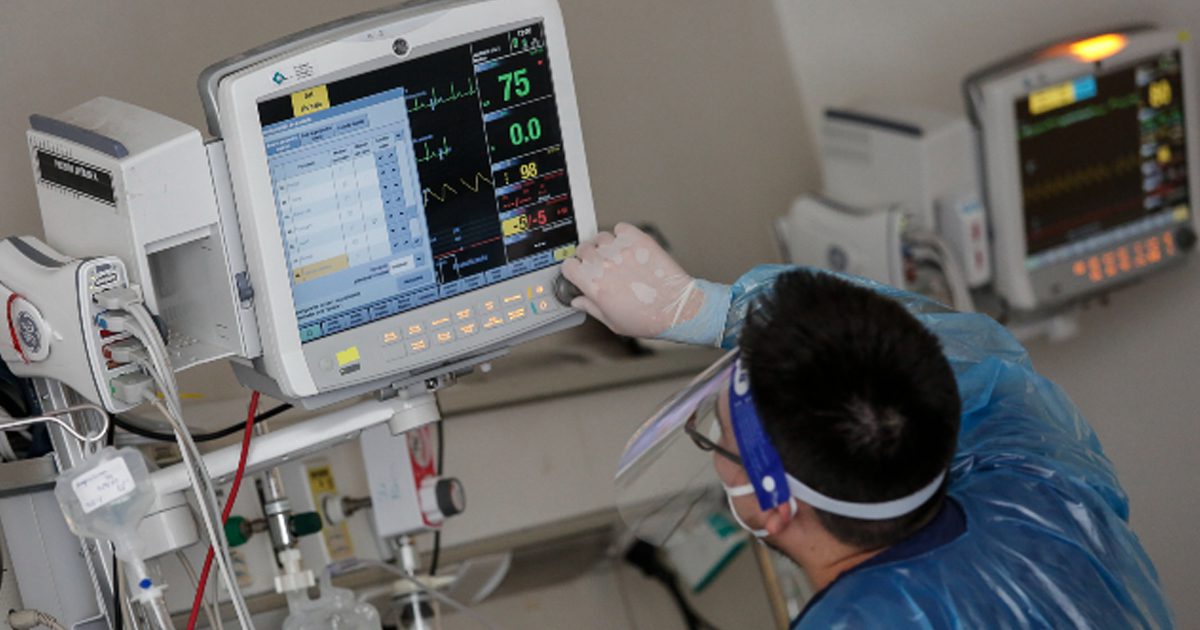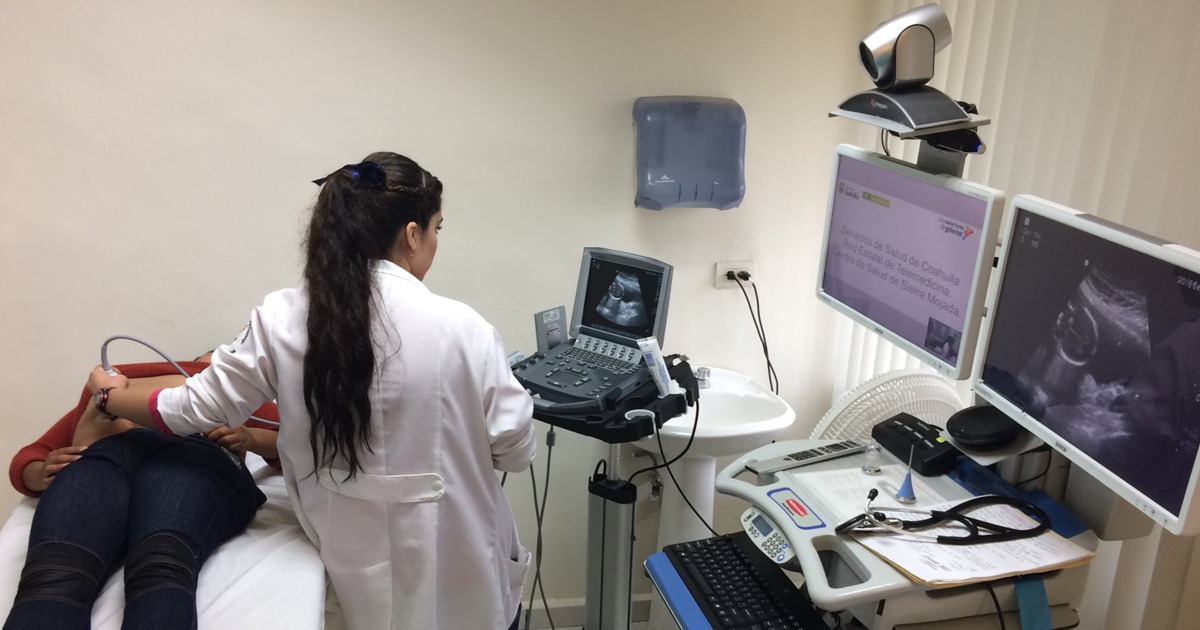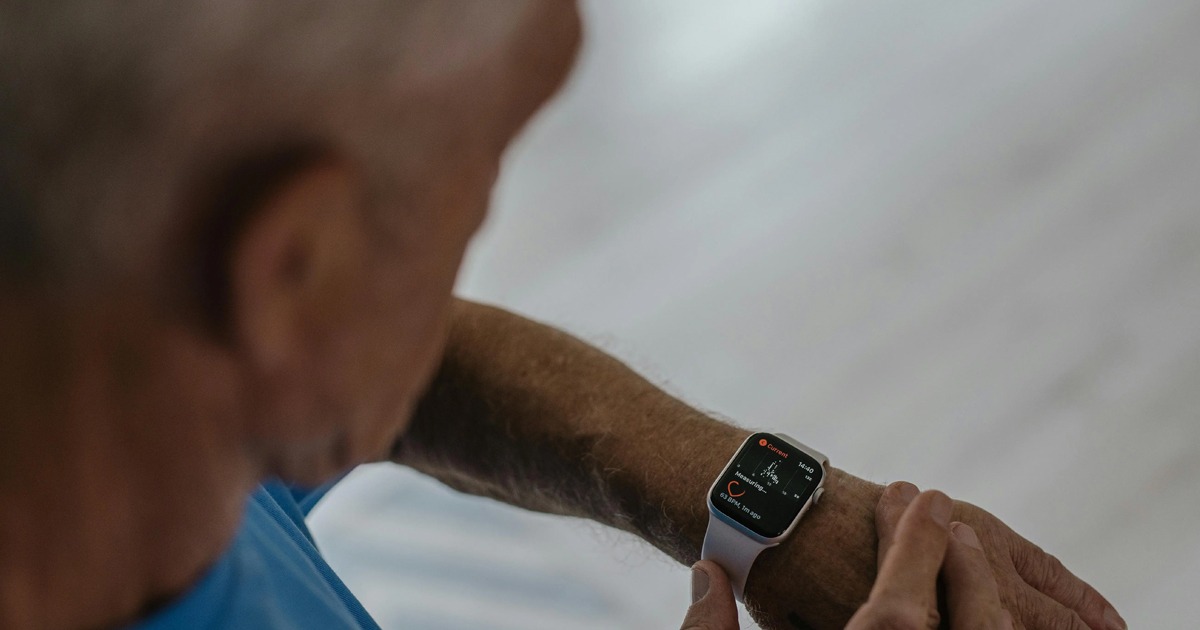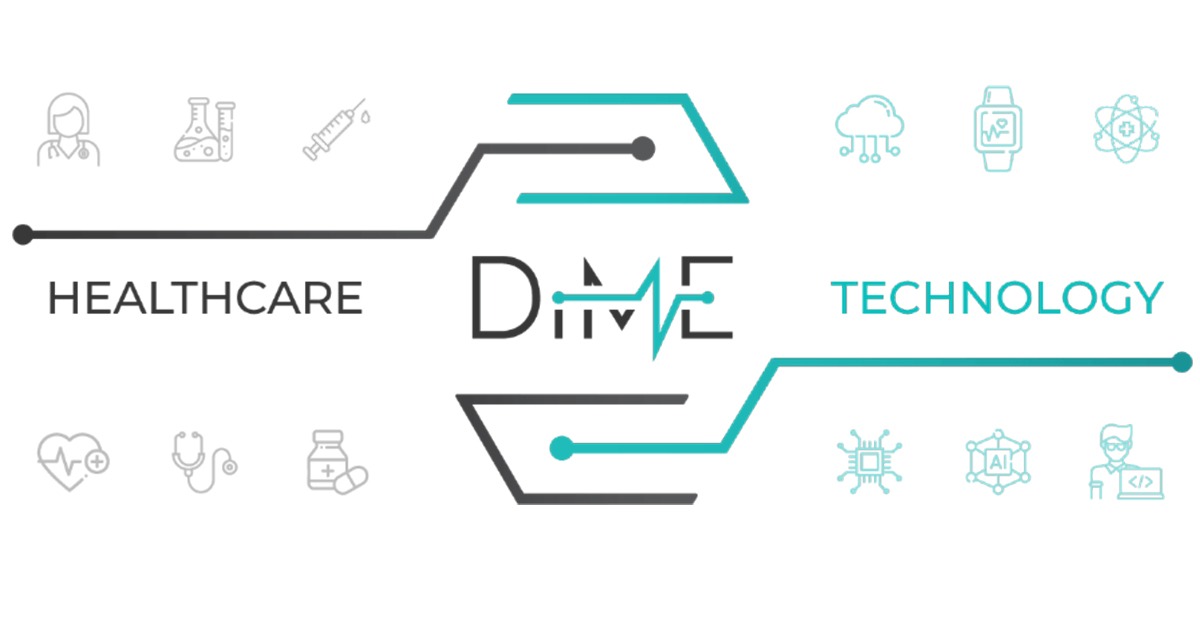Four analytical tools for monitoring and control of the pandemic, developed by the Complex Engineering Systems Institute (ISCI) of the University of Chile, will be finalists for the Franz Edelman Award 2022.
These tools for control and monitoring of the pandemic were developed by the ISCI, and the University of Chile with the support of the Ministry of Health, the Ministry of Science and Entel, a telecommunications company. The four innovations are among the six finalists for the Franz Edelman Award 2022, which since 1972 has recognized the best applied engineering interventions at an international level.
Since the beginning of the pandemic, the ISCI began to develop analytical methods and tools to deal with the massive spread of COVID-19 in Chile. This is how his alliance with Entel and the Ministries of Health and Science arose. The four developed projects are interconnected and are part of a comprehensive strategy against COVID-19 by the Government of Chile.
The tools are: A platform to monitor population mobility during mass closures; a system for optimizing the search for asymptomatic cases of COVID-19; a program to monitor the antibody response to the different vaccines against COVID-19; and a methodology for hospital management, which guides in the allocation of patients and shows projections of occupancy of intensive care beds (ICU).

COVID Analytics Mobility Platform
This platform worked thanks to the anonymous data from mobile phones with geolocation provided by Entel. The grouping of this data and algorithms that analyze mobility, resulted in the platform COVID-Analytics, which measured the degree of quarantine compliance and was able to identify socioeconomic factors of the communes and their levels of mobility.
Active case finding in critical areas
After the first wave of infections, the Chilean government changed the strategy of massive PCR tests, to a strategy based on the search for asymptomatic patients. The Ministry of Health and the Ministry of Science addressed this strategy by combining epidemiological data with the ISCI COVID Analytics platform.
In this way, areas of greatest risk were identified where the search for asymptomatic infections was carried out, a strategy that was also key to taking advantage of the available resources.
COVID-19 Vaccine Response Monitoring
In February 2021, the vaccination campaign began in Chile, with two types of vaccines: Coronavac inactivated virus and Pfizer messenger RNA vaccines. Vaccine monitoring consisted of measuring the effectiveness of the vaccines in different age groups and risk profiles and in this way prioritizing certain groups to receive their first vaccine or booster.
In addition, the project has obtained samples from more than 110,000 vaccinated people throughout the country, and the results of the work were published in the scientific journal The Lancet, which shows the drop in antibodies in those vaccinated with inactivated virus.
ICU bed occupancy projections
Given the rise in hospital occupancy during the first peaks of the pandemic. The Ministry of Science asked the ISCI to develop a prognosis system for critical patients. In this way it was possible to balance the hospital load when transferring patients between cities, depending on the evolution of their illness.
This system worked through autoregressive, machine learning and epidemiological models and thanks to this it was possible to plan with more information the management of hospital capacity during the second wave of infections during the second quarter of 2021.
The Minister of Science, Andrés Couve, commented on these strategies: “the work of this center of excellence [the ISCI] is an example of the impact that the generation of knowledge and the collaboration of the scientific community articulated from the Ministry of Science in Chile's strategy for managing the pandemic. An exceptional contribution where research was put at the service of people's health to save lives through specific solutions for diagnosis, data analysis and mobility monitoring in the most critical stages of the emergency”.





